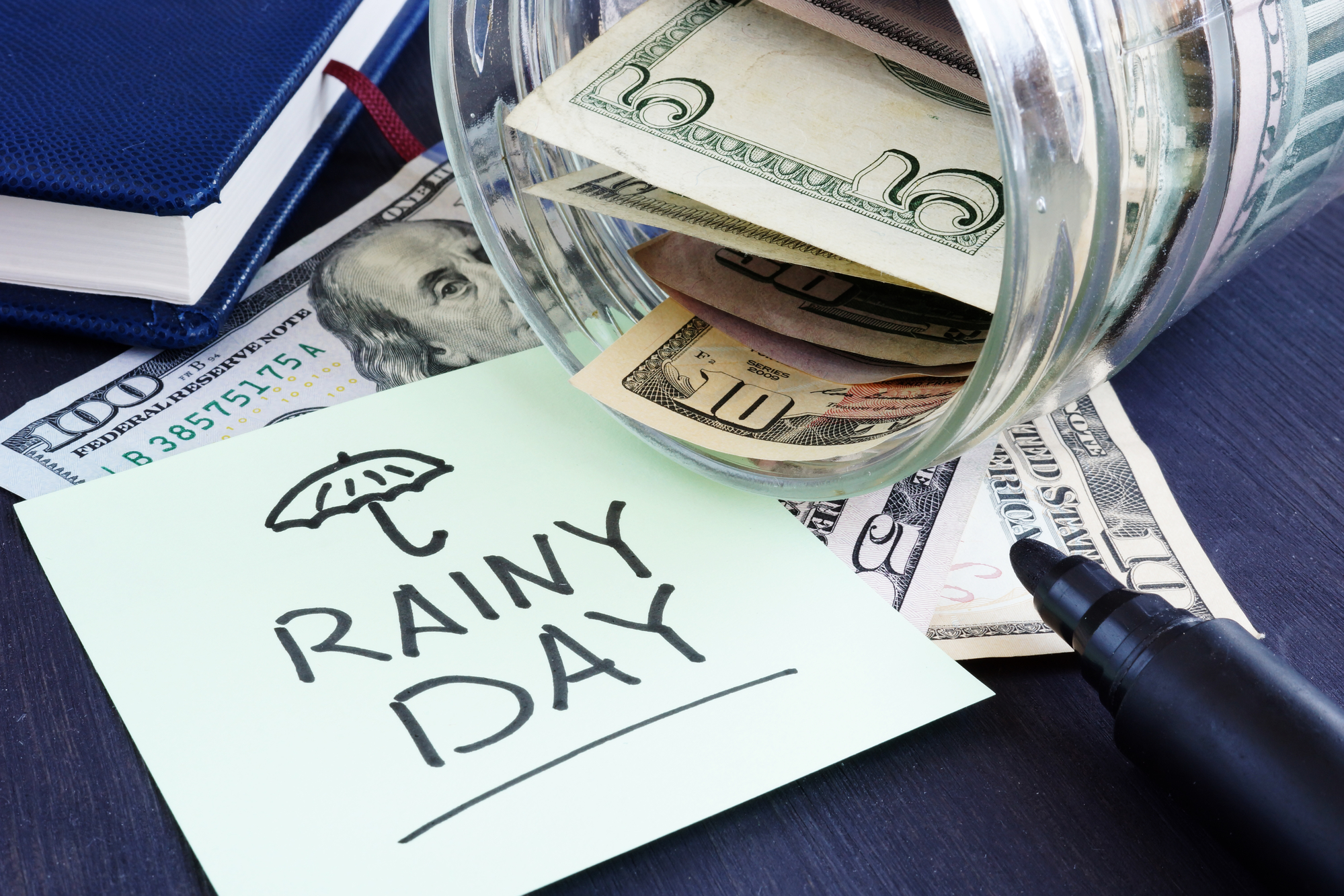 Saving money – it is something we advocate strongly for at Virgo Philosophy. However, we know saving can be daunting.
Saving money – it is something we advocate strongly for at Virgo Philosophy. However, we know saving can be daunting.
According to MarketWatch.com, almost half of the United States’ consumers cannot handle a single financial emergency¹. The numbers may be more or less the same for other western countries. The lack of saving money have baffled finance professionals and researchers, but it basically comes down to people spending more money than they earn.
Saving money, unfortunately, is not a priority when compared to necessary expenses like rent, mortgage, utility bills, transportation, and food. Nevertheless, how would you financially recover if you suddenly got a flat tire, or if your home suddenly needed an emergency repair, or if you were faced with a large medical bill after a medical emergency? The answer is you would turn to your rainy day fund.
But, What is a Rainy Day Fund?
To put it simply, a rainy day fund is a monetary reserve dedicated for small, unexpected and urgent needs. A few examples of these expenses are: car repairs, home maintenance, and medical bills.
Now some people may confuse a rainy day fund with an emergency fund. They are similar. However, an emergency fund is used to describe a monetary reserve dedicated for three to six months of expenses. For example, if you suddenly lost your job, an emergency fund will help to stabilize your lifestyle until you can secure employment.
How to Start Saving
For some people, saving is not a problem, the real issue is how to get started. Here are some helpful suggestions based on experience to get you started:
Include Savings in Your Budget
Most people work with budgets. A household budget should outline income and expenditures. If you include the amount you want to save in your budget, then you will have an easier time budgeting for a rainy day. We suggest you try to save at least 10% of your income; however, even setting aside a few dollars will make a difference.
Set Saving Goals
As a Virgo, I am huge on goal setting. So when it comes to starting a rainy day fund, I treat it like everything else in life and set a goal.
For example, if my tires look fair, but I think in the next few months I will need a new set of four tires, I would research the cost (on average $1000 USD), then attempt to save that amount over a set time.
Choose an Account with a Decent Interest Rate
It is incredibly important to find an account with a decent interest rate for your rainy day fund. After all, who doesn’t want their money working for them. Online banks tend to offer higher yields than traditional banks so you may want to consider one. Just remember, the account must be easily accessible so you can deposit and withdraw quickly in the event an unexpected expense. You may want to avoid investment accounts or certificates of deposits (CDs) since they can restrict or penalize withdrawals.
Final Thoughts
A rainy day fund is vital for everyone. Do your research and start small. Over time, the money will add up. It is also important not to be tempted to spend the money on non-emergencies.
If you need more information on setting up a rainy day fund, current interest rates, or how to open a savings account, you can always contact a financial professional for assistance.
Happy Savings!
Want to save your own coins? Get a cute piggy bank.
Video credit: NatureisBeautifulASMR | Youtube
¹https://www.marketwatch.com/story/once-again-americans-are-not-saving-enough-2018-08-28

One thought on “Why Saving for a Rainy Day Fund is Important?”